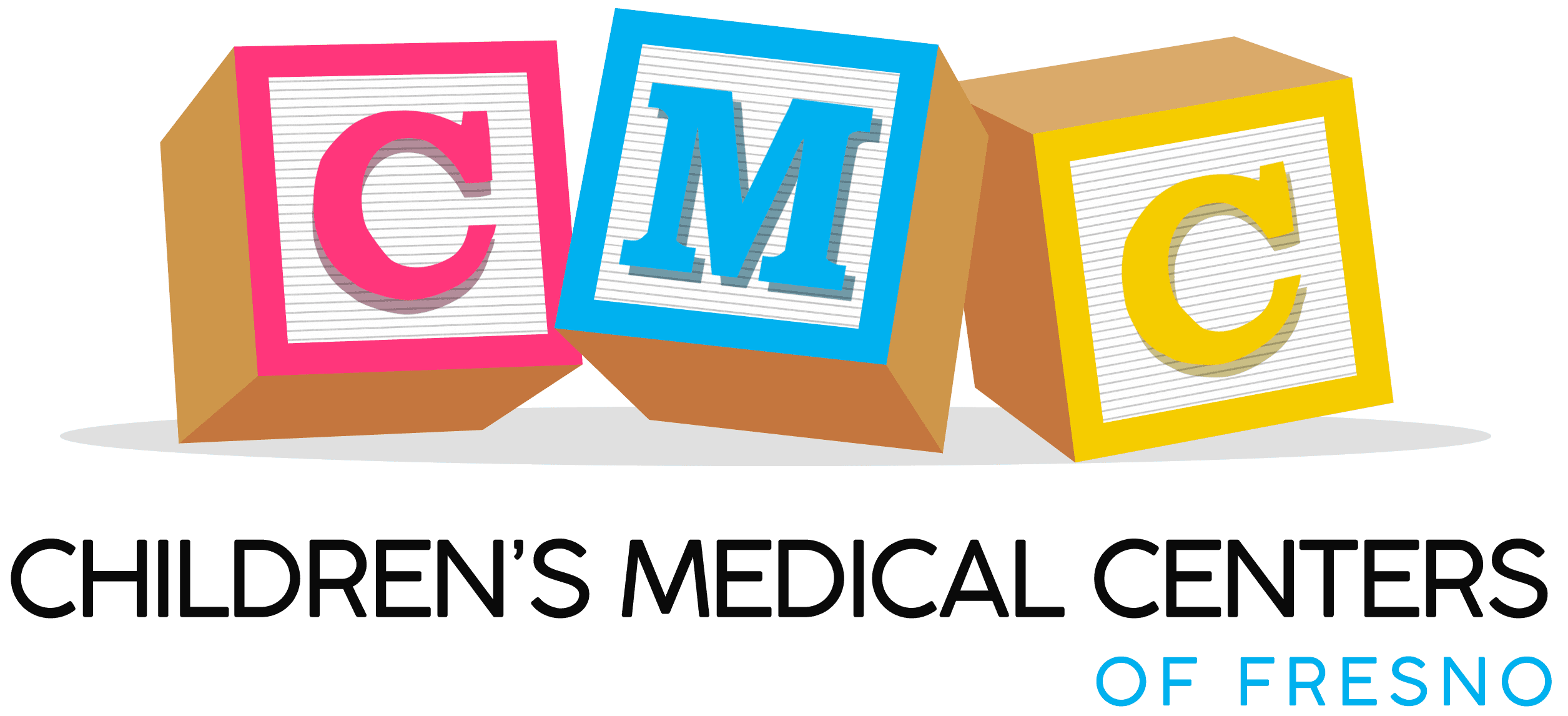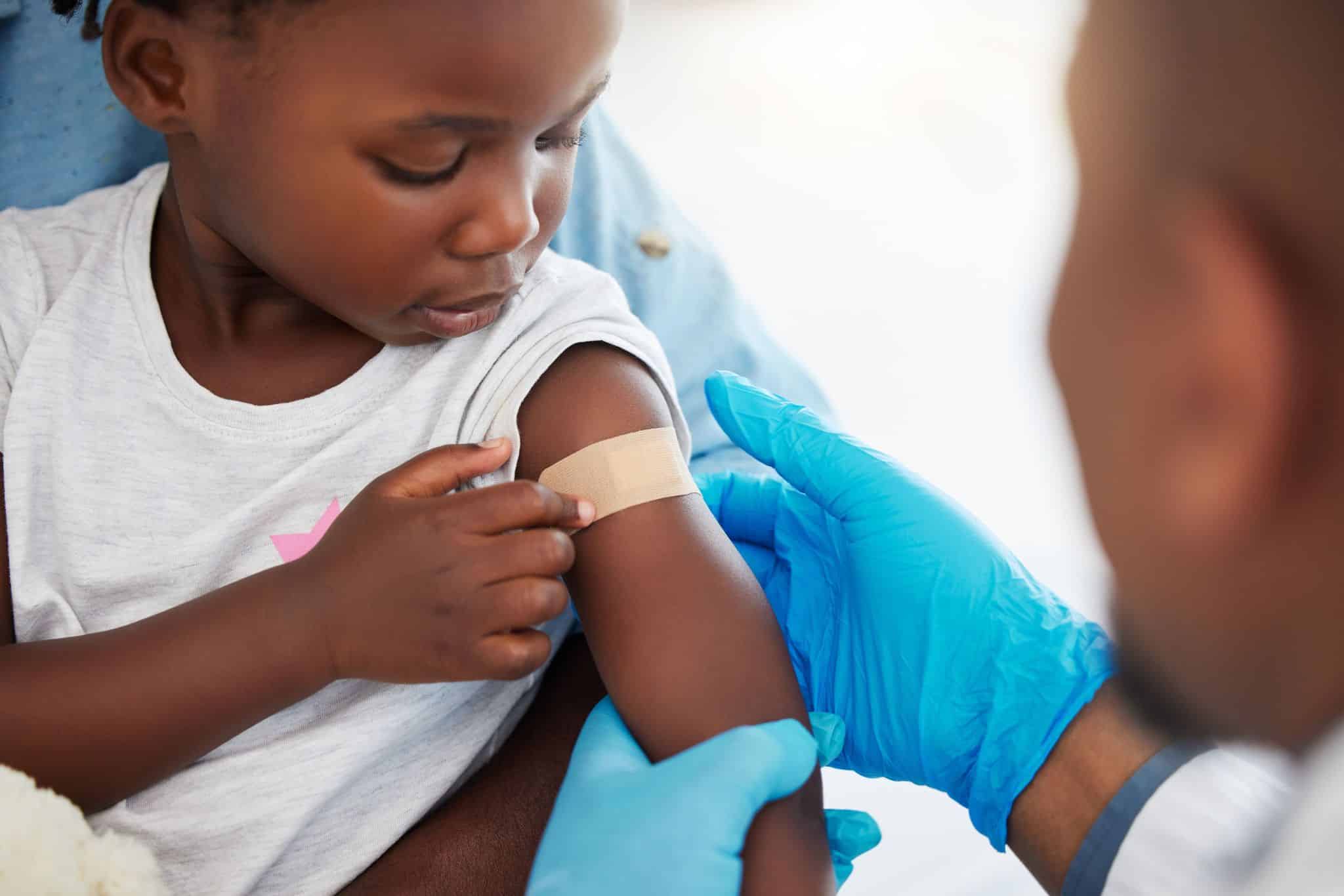Your little one is due for a pediatric check-up, and the topic of childhood immunizations arises. Suddenly, questions and concerns fill your mind: “Are vaccines safe?” or “How do you make the best decisions for your child’s health?”
At Children’s Medical Centers of Fresno, we understand the weight of these decisions. In light of National Immunization Week, let’s embark on this journey together, arming you with the knowledge to make informed choices safeguarding your child’s well-being.
Understanding Childhood Immunizations
Pediatric immunizations are not just routine shots but powerful shields against serious illnesses. But what exactly are they, and why are they crucial? Childhood immunizations consist of vaccines created to shield children from contagious diseases. These common childhood vaccines trigger the immune system to generate antibodies, ensuring lasting protection against diseases like measles, polio, and whooping cough.
Read More: National Infant Immunization Week 2022: Why Vaccines Are Important to Infants
Debunking Common Myths and Misconceptions
Before we discuss pediatric immunizations in more detail, let’s address some prevalent myths and misconceptions that often cloud parents’ decision-making process. By dispelling these myths, we can help you better understand the importance and safety of vaccines.
Myth 1: Vaccines cause autism.
Reputable medical organizations worldwide, such as the Centers for Disease Control and Prevention (CDC) and the World Health Organization (WHO), have extensively researched this topic. Their findings, which bear repeating, consistently show no connection between vaccines and autism. Autism is a complex neurodevelopmental condition believed to result from a combination of genetic and environmental factors, such as prenatal influences and alterations in brain development.
Myth 2: Vaccines contain harmful ingredients.
Vaccines undergo rigorous testing and quality control measures to ensure their safety and efficacy. The components found in vaccines, like preservatives and adjuvants, exist in tiny quantities and have undergone thorough safety evaluations. The advantages of vaccination significantly surpass the small risks linked with these components.
Myth 3: Natural immunity is superior to vaccine-induced immunity.
While natural immunity acquired from contracting a disease may provide protection, it often comes at a significant risk of severe illness, complications, and even death. Vaccines offer a safer alternative by providing immunity without the dangers associated with contracting the actual disease. Additionally, vaccines stimulate a specific immune response tailored to the pathogen, which the body remembers for future infection, offering long-term protection against communicable illnesses.
Myth 4: Vaccines overload the immune system.
The human immune system handles exposure to numerous antigens from vaccines and the environment without becoming overwhelmed. Children encounter a tiny portion of antigens every day through vaccines. Vaccines help strengthen and prepare the immune system to fight off different germs, offering strong protection against various diseases.
Myth 5: It’s better to space out vaccines or skip them altogether.
Following the recommended childhood immunization schedule outlined by healthcare authorities, such as the CDC, is crucial for ensuring maximum protection against vaccine-preventable diseases. Delaying or skipping vaccines puts children at risk of contracting serious illnesses and contributes to outbreaks of preventable diseases. Vaccines work best when given following the recommended schedule, ensuring timely protection against diseases.
Our goal is to provide parents with reliable information, enabling them to make well-informed choices regarding their children’s health. We aim to empower parents by debunking common myths and misconceptions. Vaccines have played a vital role in reducing the burden of infectious diseases worldwide. By vaccinating our children, we can safeguard their health and the well-being of our communities.
The Science Behind Vaccinations

Understanding How Vaccines Work
Vaccines injected into a child contain weakened or inactive pathogens that prompt the immune system to produce antibodies, building immunity without causing illness. This remarkable defense mechanism has saved countless lives.
Ensuring Vaccine Safety
As parents, it’s natural to prioritize your children’s safety, especially regarding healthcare interventions like vaccines. So, how can you be confident that vaccines are safe?
-
Rigorous Testing
Before a vaccine is made available to the public, it undergoes extensive testing through multiple phases of clinical trials. These trials involve thousands of volunteers carefully monitored to assess the vaccine’s safety, efficacy, and potential side effects. This rigorous testing aids in identifying concerns before approving the vaccine for widespread use.
2. Scrutiny and Approval
Government regulatory agencies, such as the Food and Drug Administration (FDA) in the United States, carefully examine information from clinical trials to guarantee that vaccines adhere to vigorous safety and effectiveness criteria. Only vaccines that demonstrate robust safety profiles and significant effectiveness are approved for public use.
3. Ongoing Monitoring
The commitment to vaccine safety doesn’t end with approval. Various surveillance systems continuously monitor vaccines once they are in use. These systems collect data on adverse events following vaccination, allowing health authorities to detect rare or unexpected side effects. This ongoing monitoring ensures that vaccines remain safe and effective throughout their lifespan.
Childhood Immunization Schedule and Recommendations
Now that we understand the scientific aspect, it is time to learn more about the vaccination timetable. The CDC recommends a specific vaccination schedule for children from birth through adolescence. Following this schedule is crucial for maximum protection against vaccine-preventable diseases. Delaying or skipping vaccines may leave children vulnerable to severe illnesses.
Some parents worry about vaccine overload or the potential side effects of multiple vaccines. The vaccine schedule optimally protects the child with minimal risk. Research has shown that spacing out vaccinations offers no additional benefits and only delays immunity, leaving children susceptible to diseases for extended periods.
Making Informed Decisions
Research Tips
In today’s world of abundant information, it’s crucial to sift through credible sources when looking for a childhood immunization list. Stick to trusted sources like the CDC, WHO, and reputable medical journals. Avoid anecdotal tales and unverified claims, focusing instead on evidence-based information supported by scientific research.
Open Communication
Keep the lines of communication open with your child’s pediatrician or your Fresno vaccine clinic. We offer personalized guidance tailored to your child’s health and medical history. By collaborating with pediatricians, you can collectively make well-informed decisions that prioritize your child’s health and overall well-being.
Read More: Know the Risks: What Happens if You Don’t Get Your Child Vaccinated
Navigating the Path to Healthier Futures
Childhood immunization shots are a cornerstone of public health, protecting children from severe diseases and safeguarding communities. By understanding the science behind vaccines, following recommended vaccination schedules, and making informed decisions, parents may empower their children to lead healthy lives. Remember, your pediatrician is here to support you throughout this journey, offering advice and assistance at every turn. Let’s work together as we navigate the realm of childhood immunizations, equipped with understanding and assurance in the effectiveness of vaccines.
Ensure your child’s well-being and future with personalized pediatric care tailored to their needs. Click the “Book an Appointment” button or call (559) 455-1500 to schedule your consultation today!
Benefit from convenient after-hours appointments from 5 PM to 9 PM, Monday through Friday, and 9 AM to 3 PM on Saturdays. Our team will ensure that your child’s health remains a top priority and deliver comprehensive care, whether in person or via telehealth, fostering a safe and healthy environment for your child’s growth and development.




